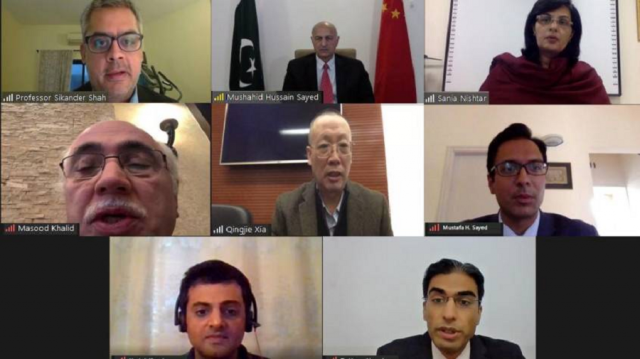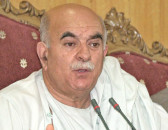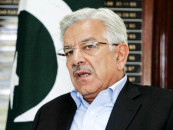China’s poverty alleviation strategy hailed as model for Pakistan
Eminent speakers stress need to learn from Chinese experience to resolve economic and other key challenges

The Pakistan-China Institute (PCI), the Centre for Chinese Legal Studies and the Lahore University for Medical Sciences (LUMS) co-hosted a virtual conference on “Poverty Alleviation, Covid-19, and CPEC” as part of PCI’s ‘Friends of Silk Road’ Initiative.
The conference hosted eminent speakers from Pakistan and China and a large audience consisting of students, faculty, and researchers from all over Pakistan.
Special Assistant to the Prime Minister on Poverty Alleviation Dr Sania Nishtar was the chief guest and keynote speaker.
The conference featured an insightful discussion on Pakistan's existing poverty alleviation strategy, Covid-19's impact on Pakistan's fight against poverty, and CPEC's role vis-à-vis alleviating poverty in the neighbouring countries.
In his opening remarks, Senator Mushahid Hussain Sayed, the chairman Foreign Affairs Committee in the Senate and founder PCI, said that there is "a lot to learn from China’s poverty alleviation strategy".
“By lifting 800 million people out of poverty, China has made history," he added.
On the novel coronavirus too, he said, China had seen success due to timely measures, decisive leadership and cooperation of the people.
Senator Mushahid termed the Belt and Road Initiative (BRI) as the most important diplomatic and developmental initiative of the 21st century, with the CPEC as its pillar.
In her keynote speech, Sania Nishtar briefed the participants about the poverty alleviation strategy. She said that framing the issue of poverty with the Chinese experience is a "welcome and relevant initiative".
While commenting on the importance of CPEC, she said that the multibillion-dollar project is a paradigm of growth and it will provide a lot of opportunities in terms of job creation helping to alleviate poverty as well.
She added that the government has got its own poverty alleviation strategy called “Ehsaas Programme” which contains 140 actions and programmes.
Moreover, she said, that the government has planned more action plans to be included in the Ehsaas strategy. She said due to coronavirus, there was 18% increase in food insecurity in Pakistan.
Professor Sikandar Shah, the director LUMS Centre for Chinese Legal Studies, offered full support to the government of Pakistan of the academia in regards to devising poverty alleviation strategies.
Prof Xia Jingjie, the professor of Economics at the prestigious Peking University, while briefing the participants about the China’s poverty alleviation strategy, said that hundreds of millions of rural labourers have migrated and worked in cities and hence have been lifted out of poverty.
He also said that in its rooting-out poverty campaign, the Chinese government adopted a simplified multidimensional poverty standard — “Two-Not-Worries (not worrying about food and clothing) and Three-Guarantees (guaranteeing 9-year compulsory education for children and youth of school age, medical care and housing safety).”
Professor Uzair J Kayani, the assistant professor of law at LUMS, said that there is a need to translate the Chinese experience of poverty alleviation into common law. Moreover, he said that Pakistan has a lot to learn from China. "For instance, Pakistan can learn from China’s experience of bureaucratic reforms to lower costs."
Masood Khalid, the former ambassador of Pakistan to China, said that China is making great strides in almost every field and is now becoming a knowledge economy.
He said that China has almost eliminated illiteracy and added that Pakistan "needs to develop its own governance system like China".
Dr Vaqar Ahmed, the executive director SDPI, put forward suggestions for Pakistan for reviving the economy in the post Covid recovery phase.
Firstly, he said, the country needs to put the structural reforms agenda back on track as per the commitment with "our various development partners and the International Monetary Fund (IMF).
Secondly, Dr Vaqar added that Pakistan needs to harvest the benefits arising from the CPEC Phase-II, especially the special economic zones and to exercise fiscal discipline.



















COMMENTS
Comments are moderated and generally will be posted if they are on-topic and not abusive.
For more information, please see our Comments FAQ